
Wellington Eye Centre Optometrist
Laser vision correction surgery is very accurate, but it isn’t always ‘perfect’. With every procedure, there is a small risk your visual outcomes will be less than expected.
At the Wellington Eye Centre we invest in the latest technology and follow the most stringent suitability requirements to help reduce the risks and to increase the chance you will have a great visual outcome.
But if the vision doesn’t turn out how we expected or planned, there are ways to resolve this. In most cases, we can perform a second surgery, an enhancement surgery to improve the vision. Enhancement surgery occurs in 1-6% of cases, depending on which procedure you have.
Sometimes, rather than perform an enhancement surgery we can use a treatment called CLAPIKs. This can help to get the vision closer to where we expected it to be. CLAPIKs, Contact Lens-Associated Pharmacologically Induced Kerato steepening, involves the use of a contact lens and a specific eye drop. The combination of these two elements on the front surface of the eye can alleviate the need for a second surgery.
But I had laser vision correction surgery to get rid of contact lenses and glasses!
So true, and CLAPIKs only requires you to wear the contact lenses for 1-2 months. After that time the contact lenses have either improved your vision, or they have had no impact. So either surgery isn’t required, or you can then investigate having repeat surgery.

What is enhancement surgery?
Enhancement surgery is performed if your first laser vision correction procedure did not achieve the desired visual outcomes.
Enhancement surgery could be either LASIK or PRK. Which procedure you have for your enhancement will depend on which procedure you had for your first surgery, how long it has been since your first surgery and how thick your cornea is.
Your surgeon will discuss with you which enhancement procedure is the safest and most accurate.
Enhancement surgery might just be for one eye, or it could be for both.
Enhancement surgery is no charge to you, provided it is performed within a certain period of time from your first surgery. Chat with the team at Wellington Eye Centre about how this might affect you.
What is involved with CLAPIKs?
Your Optometrist will fit you with a contact lens that you can sleep in for 2- 4 weeks. This contact lens should be comfortable, and it should improve your vision while you are wearing it.
While wearing this contact lens you will also be using an anti-inflammatory eye drop. This eye drop is in the same family as medications like Voltaren.
How does CLAPIKs work?
The contact lens you wear in CLAPIKs reduces the amount of oxygen that reaches the cornea (the front surface of the eye, where the contact lens rests). Reducing the oxygen stimulates swelling in deeper layers of the cornea. The shape of the contact lens then coaxes this swelling to mimic the shape of the contact lens.
The eye drops you use during CLAPIKs are usually used for pain relief, as they can reduce swelling. But they also stimulate the growth of epithelial cells (the outermost layer of the cornea) and the thickening of the deeper layers of the cornea.
The contact lens you wear in CLAPIKs should be comfortable, but even then it is causing tiny amounts of mechanical irritation to the cornea. This stimulates healing and makes it easier for the eye drops to enter the cornea.
These two elements together can help reshape the cornea, making it a little thicker and a little steeper. It is a similar principle to the original laser vision correction surgery – changing the thickness and shape of the cornea to correct the vision.
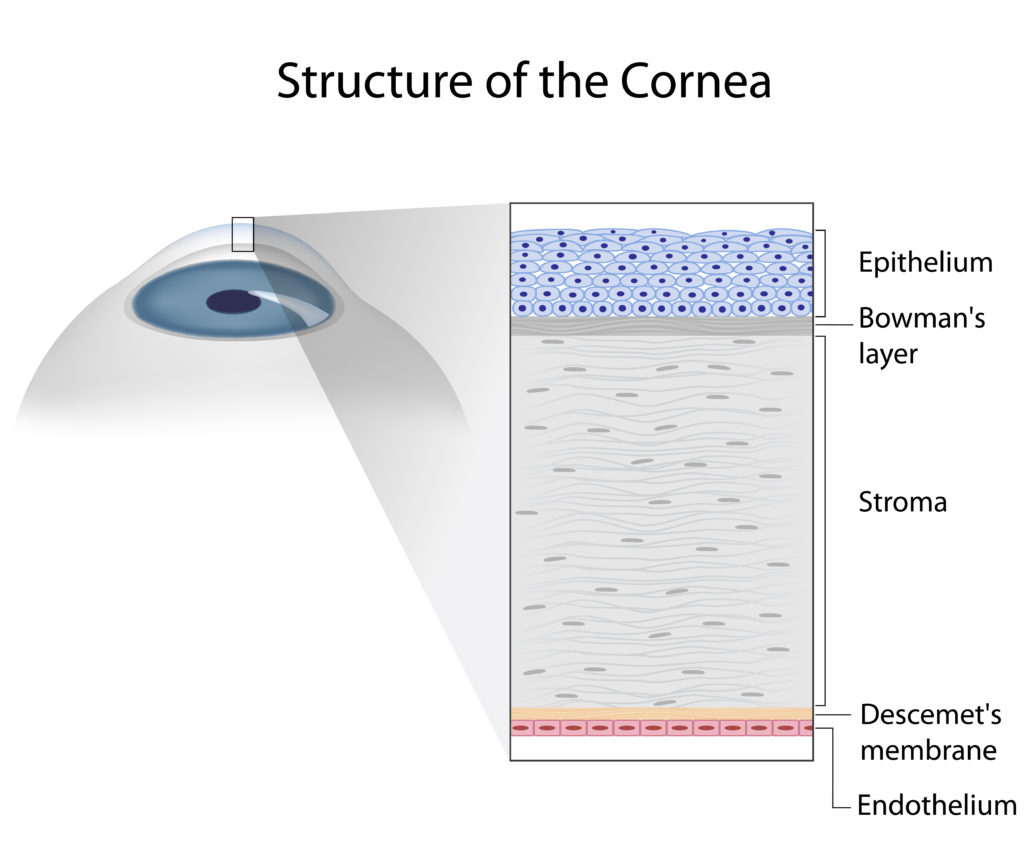
Why can’t everyone have CLAPIKs rather than repeat surgery?
CLAPIKs only work on those whose vision is too long-sighted (hyperopic) after surgery, it doesn’t help those whose vision might be too short-sighted (myopic) after surgery.
The contact lenses used in CLAPIKs, don’t fit all eyes. A poorly fitting contact lens can cause discomfort and can worsen vision while it is on the eye.
CLAPIKs aren’t an option if you are about to go overseas, like to go off the grid hiking or camping, or if you have dry eye issues that might not make you a suitable contact lens wearer.
Why do I have to wait to have enhancement surgery?
We need to give the eyes (and sometimes the brain) a chance to settle/adjust, before we do repeat surgery. And that time period is around 6 months. Your vision changes a lot in the first week, it keeps changing in the weeks after that, but the changes become more subtle. So any visual issues you might have in the first few weeks-months are likely to get less, and can often completely resolve on their own by the 6 month mark.
For most people, the vision starts to stabilise and settle and is usually really good around 4 weeks. But not everyone heals in the same way, so for others, the vision can take longer to settle.
You are more likely to have a more extended recovery period if you suffer from dry eye, are under stress, have poor sleep or have a history of inflammatory conditions.
Even if you reach 4 weeks and are happy with your vision, it can still continue to improve. People often continue to improve up to 6 months after their surgery. And after PRK, some people continue to notice improvements almost 12 months afterwards.

What can I do to make sure I have the best outcome after laser vision correction surgery?
The key steps to help you get the best results are;
- Take your time filling out our registration forms, especially when answering questions about your medications and general health. It can be surprising what is relevant. This includes medications or supplements you might use. Items that are prescribed by a medical professional but also those you might take without a prescription.
- It is helpful for us to know of any medical conditions you are suspicious you might have or things you are being investigated for. Even if you haven’t had an official diagnosis, these conditions might alter when you can have surgery or the types of medications we prescribe after the surgery. Conditions such as pregnancy, diabetes, acne rosacea, any autoimmune disease, and rheumatoid arthritis.
- Read the post-surgical notes you are given, they give great advice on how long you should take off work, how long to avoid screen time and how to focus on your sleep. They can reassure you if you become worried about some of the typical post-surgical issues. Keep these notes, even in the months after your surgery, they are an excellent reference material.
- Follow the advice of your surgeon and the team at Wellington Eye Centre. This is critical around the use of all eye drops (medicated ones and lubricating eye drops) and the timing of your follow-up appointments. Even when your eyes feel great, keep using the eye drops as recommended and attend all your follow-up appointments.
If you are interested in having laser eye surgery then give us a call on 0800 733 327. Or fill out the book a free assessment and someone from our team will get back to you with more information. We’d love to hear from you!
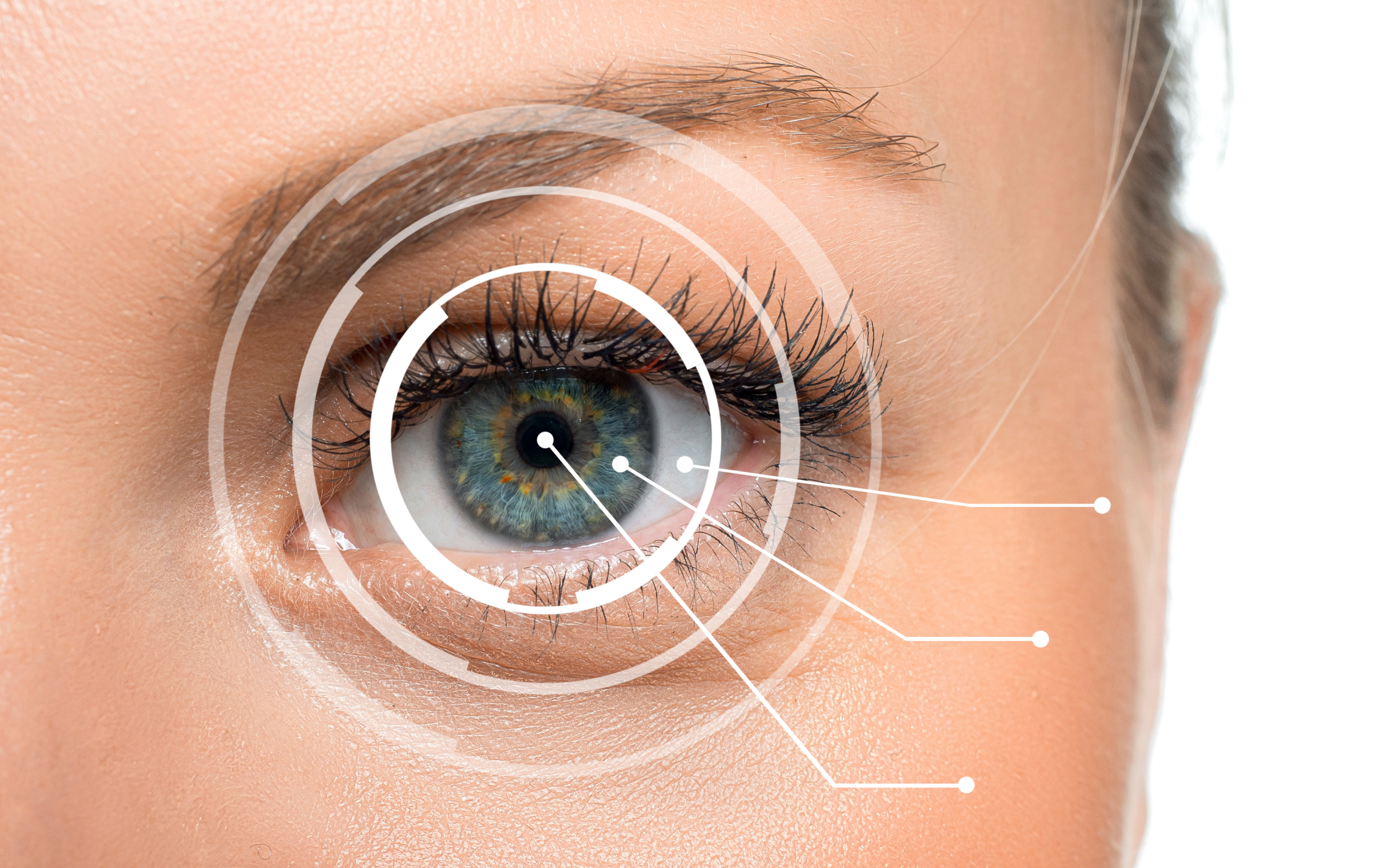
What Can Go Wrong During Your Laser Eye Surgery?

What are the visual requirements for flying, set by the Civil Aviation Authority?
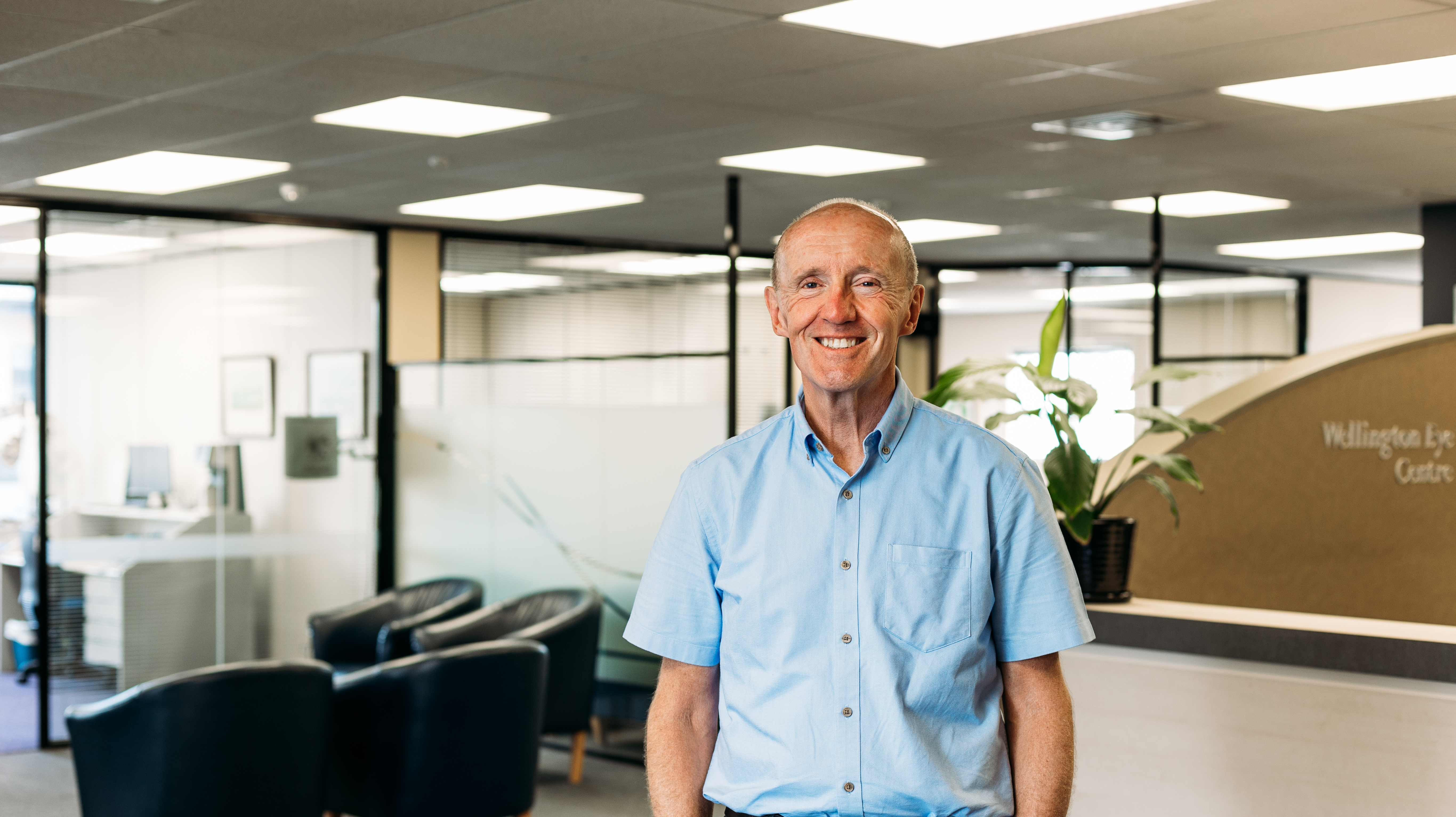
Dr Andrew Logans Innovation Achievements
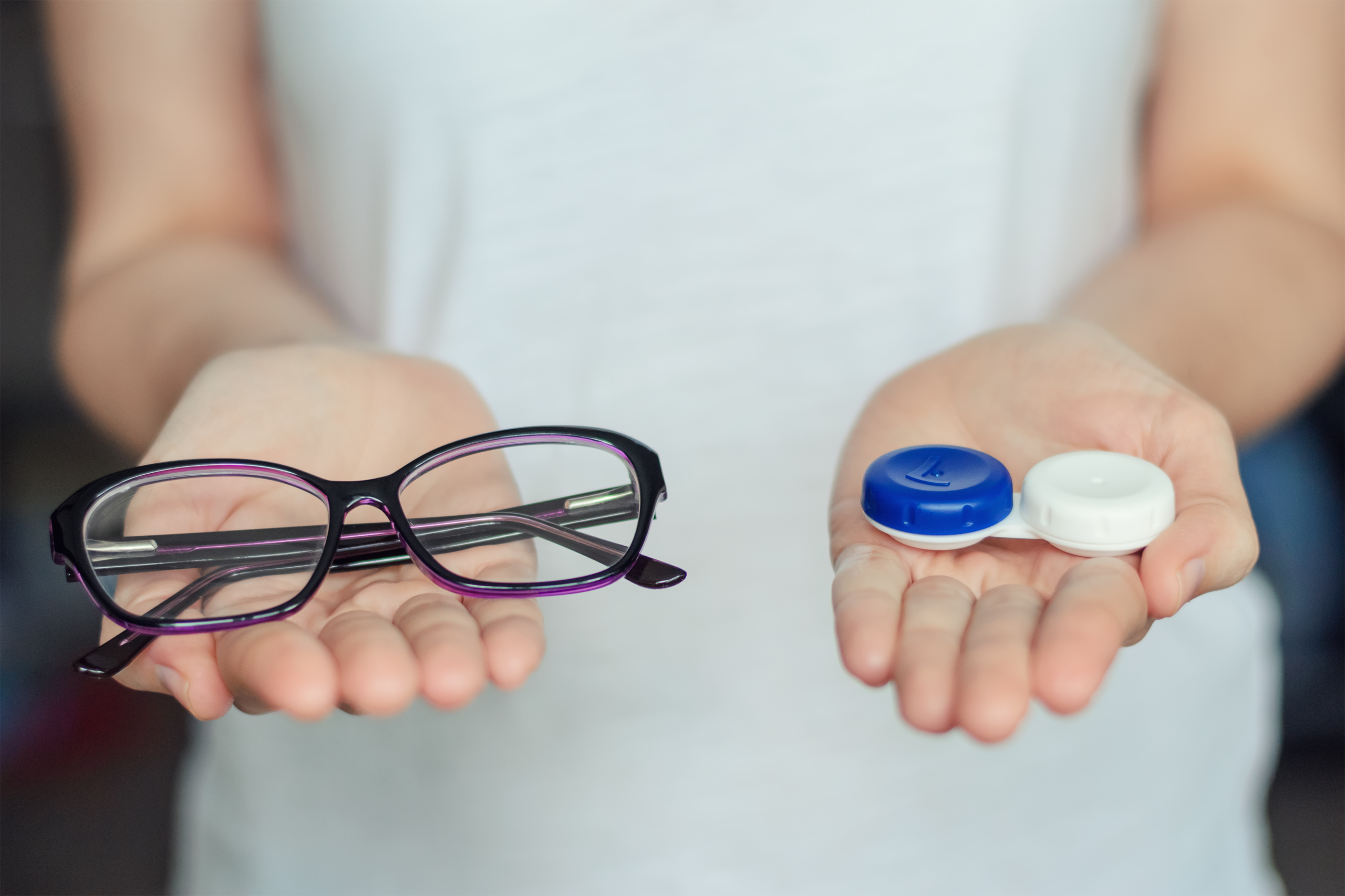
Can’t wear Contact Lenses?

How Does Alcohol Affect Your Vision and Your Eyes?

What is PRK or Photorefractive Keratectomy?

Marijuana’s effect on the eyes
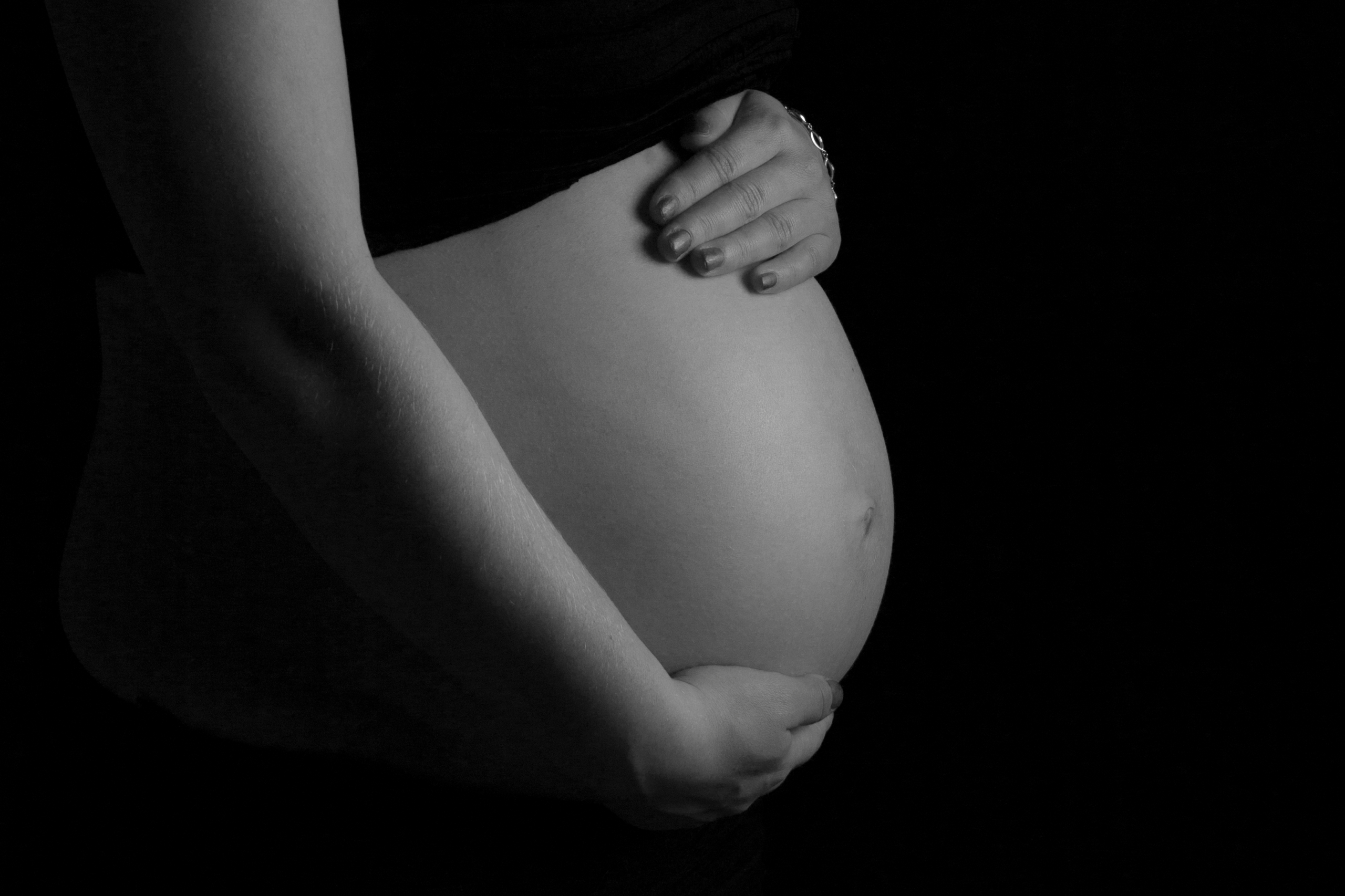
Can I have laser eye surgery if I’m pregnant?

What Can Go Wrong During Your Laser Eye Surgery?

